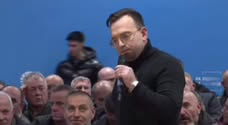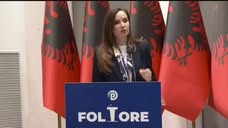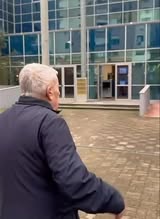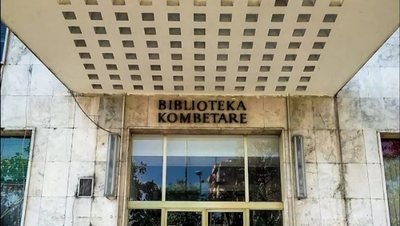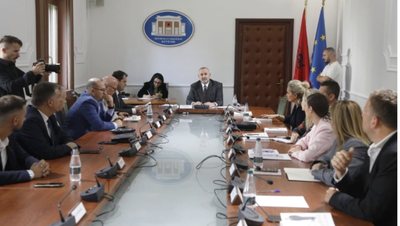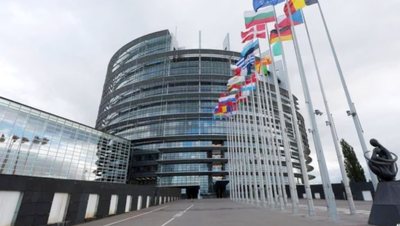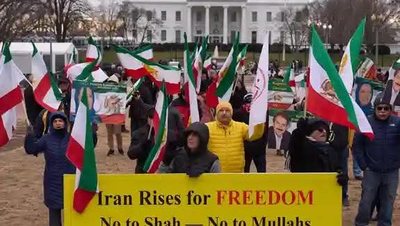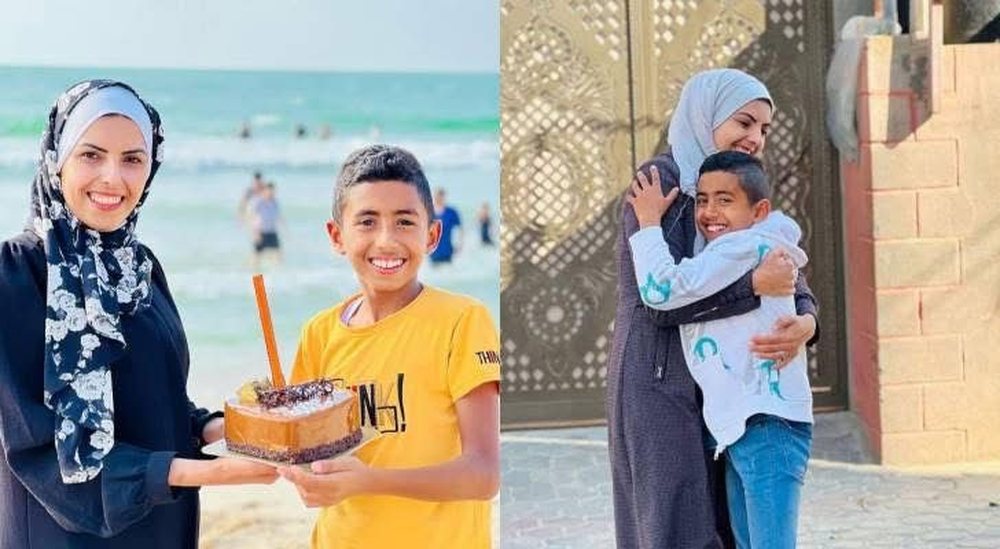
Before she was killed, Mariam Abu Dagga, a freelance photographer and visual journalist from Gaza, left behind a letter to her son, Ghaith, filled with words of love, faith, and hope for his future.
"If these words reach you, it means that Israel succeeded in killing me."
“Ghaith, you are the heart and soul of your mother. I want you to pray for me and not cry for me, so that I may remain happy. I want you to hold my head high, work hard, stand out and be good. I want you to become successful, my love.”
In her touching letter, Mariam reminded her son that she had always done everything just to make him happy, to provide him with comfort and love. And she left a special legacy:
"When you grow up, get married, and have a daughter, name her Mariam after me."
The letter ended with a mother's last prayer:
“You are my love, my heart, my support, my soul, and my son of whom I am proud. I will always be happy to hear about your good name. A bequest I leave you, Ghaith: your prayer, then your prayer, then your prayer, my beloved son.”
Who was Mariam Abu Dagga?
Mariam Abu Dagga was a freelance photographer and visual journalist, working for international agencies such as the Associated Press and Independent Arabia. She documented the daily life and tragedy of the people of Gaza through her lens.
On August 25, 2025, she was killed by an Israeli airstrike while trying to cover the dramatic situation at Nasser Hospital in Khan Younis. She kept her camera with her until the end, turning her profession into a personal mission to bear witness to the truth.
Testaments of fear
Her story has become a symbol of a daily reality in Gaza, where many people are writing their wills and farewell letters not out of old age or illness, but out of fear that they will not live to see tomorrow.
Parents write messages for children, children leave final words for friends, and families leave bequests to the world – fearing that an airstrike could wipe out everything without warning.
It is a painful ritual that no one should have to experience. For the people of Gaza, these letters are a way to ensure that their voices are never silenced, even when their lives are violently taken. They are filled with love, advice and bequests, words that they hope will live on beyond the destruction that surrounds them.


